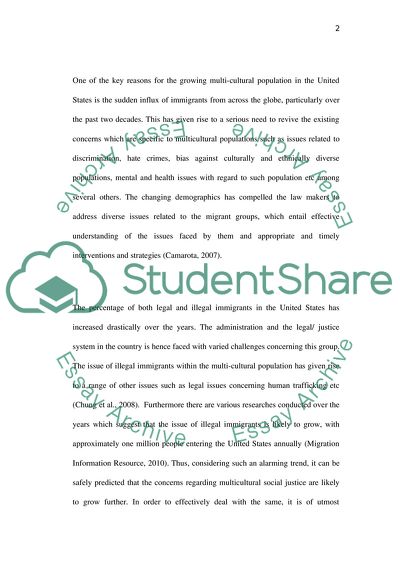Cite this document
(Multicultural and Ethical Issues Dealing with the Court Systems Article, n.d.)
Multicultural and Ethical Issues Dealing with the Court Systems Article. https://studentshare.org/law/1755675-multicultural-and-ethical-issues-dealing-with-the-court-systems
Multicultural and Ethical Issues Dealing with the Court Systems Article. https://studentshare.org/law/1755675-multicultural-and-ethical-issues-dealing-with-the-court-systems
(Multicultural and Ethical Issues Dealing With the Court Systems Article)
Multicultural and Ethical Issues Dealing With the Court Systems Article. https://studentshare.org/law/1755675-multicultural-and-ethical-issues-dealing-with-the-court-systems.
Multicultural and Ethical Issues Dealing With the Court Systems Article. https://studentshare.org/law/1755675-multicultural-and-ethical-issues-dealing-with-the-court-systems.
“Multicultural and Ethical Issues Dealing With the Court Systems Article”. https://studentshare.org/law/1755675-multicultural-and-ethical-issues-dealing-with-the-court-systems.


